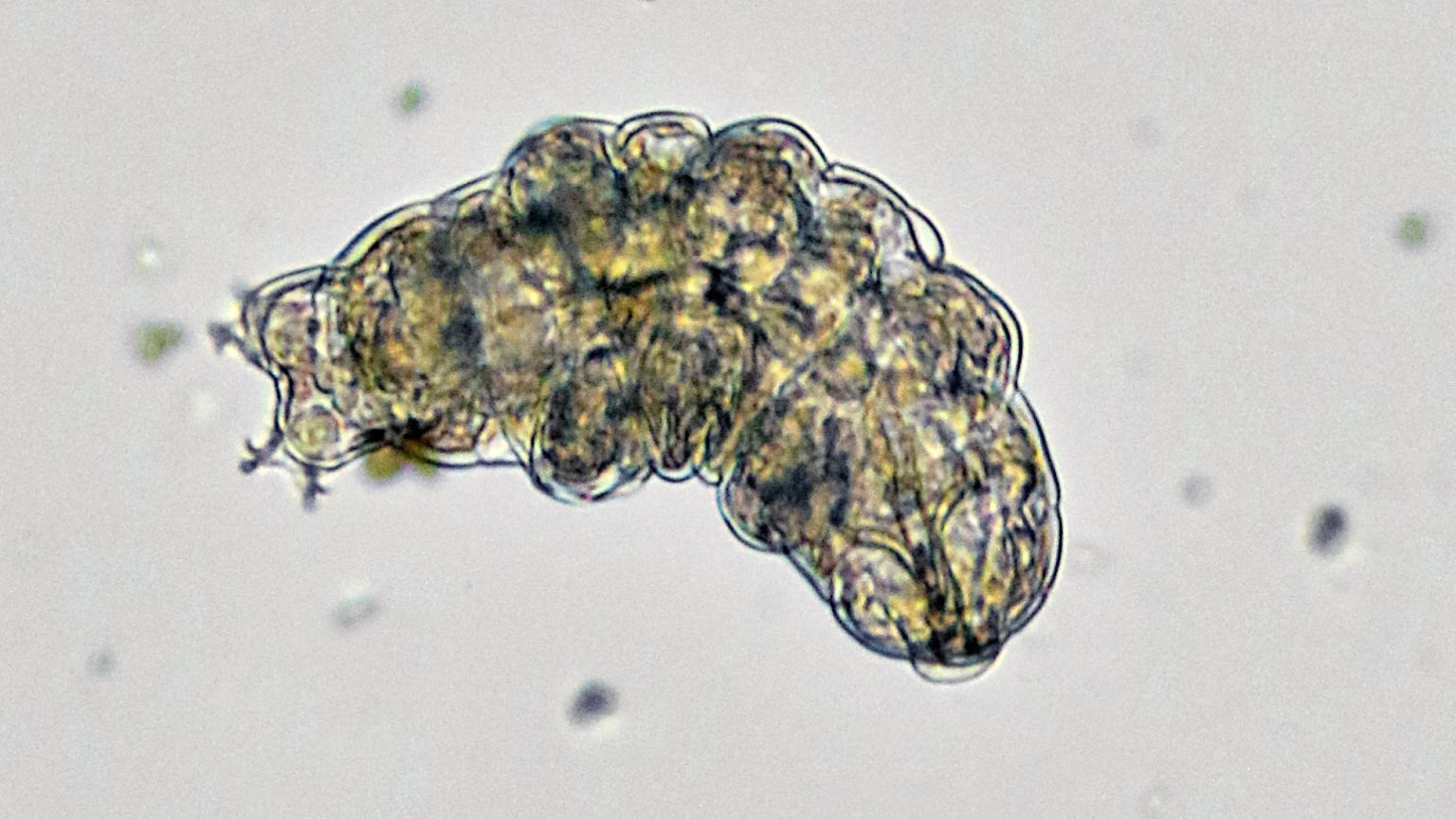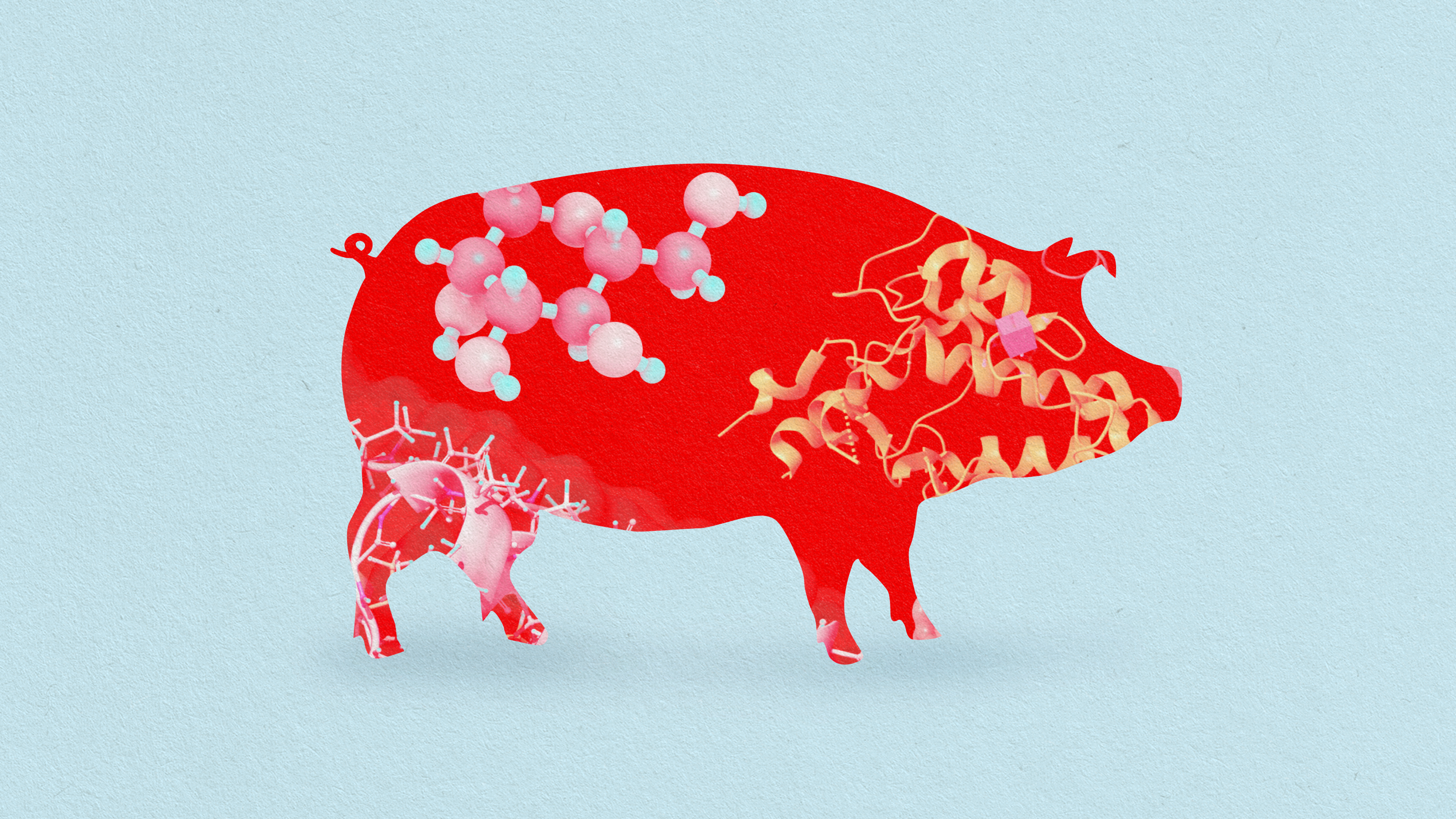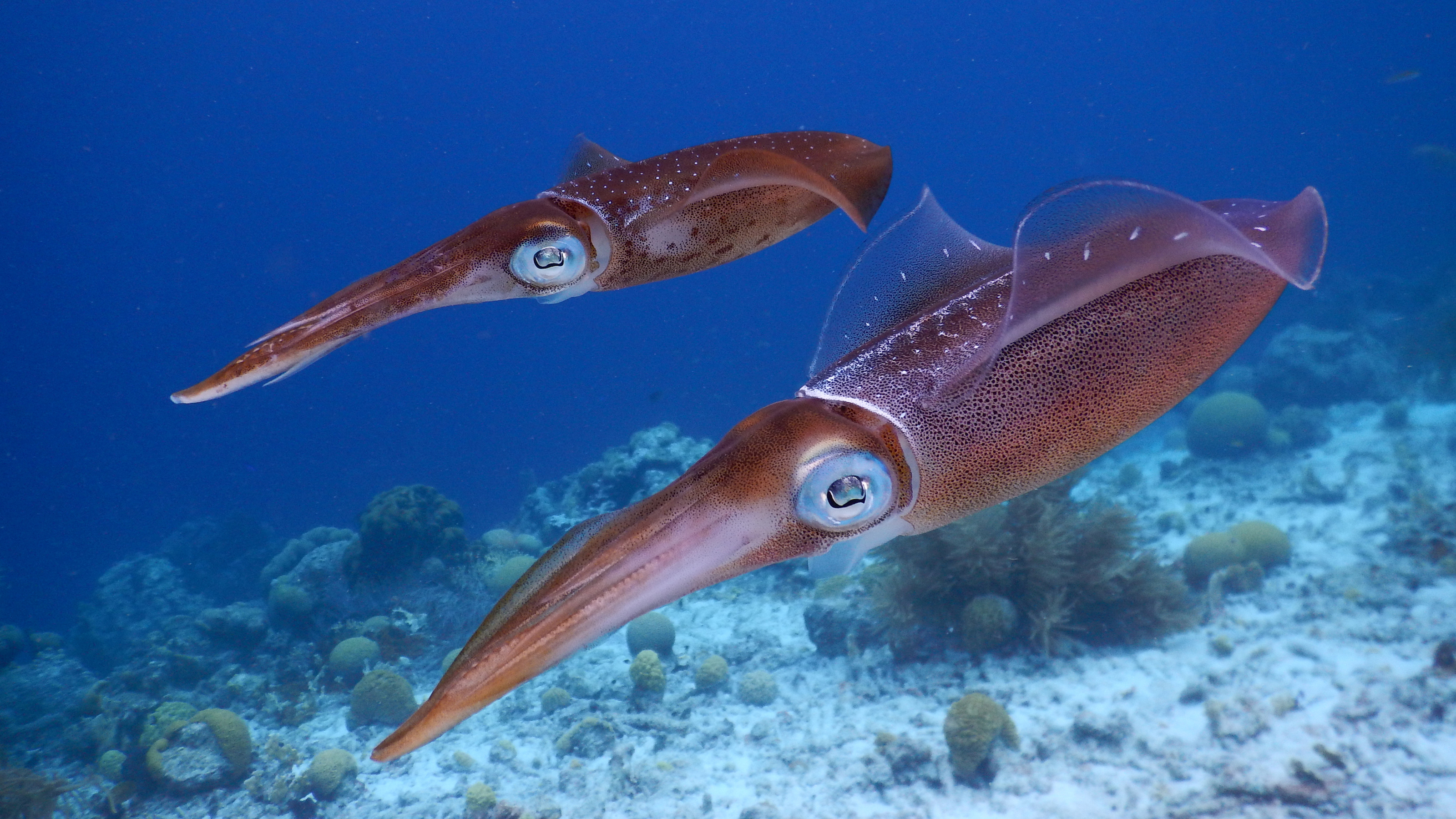Lucy Cooke: I think that a lot of popular natural history likes to portray the animal kingdom in very human terms. And also stories that are popular seem to be ones where animals are behaving like us, they're providing us with some kind of reassurance in some way. Animals on television tend to have nice nuclear family setups and I think what's sort of fascinating to me is that this sort of desire to see animals behaving in a nice moral Christian family values even way is something that we've been propagating for millennia. I mean actually, it can be traced all the way back to the bestiaries, the medieval bestiaries, which were the very first animal encyclopedias if you like. And these books were written by religious scribes and they all copied one book, which is call the Physiologus, which was actually the naturalist is what is that translated as and that was written in the sort of fourth century. And what these books, what are the Physiologus did is it popularized natural history and it took it to the masses and it became a massive best seller I think it was second only to theBible, hugely popular. But what the Physiologus and the bestiaries did was to look for moral tales within animal behavior. They weren't interested in trying to tell the truth about animals or enlightenment their audience about animal behavior or even the animal kingdom, they believed that God had implanted moral lessons in animals to teach us.
And so the stories that they told about animals, which were hugely popular, were all very moral. Animals were good or they were bad and they taught us lessons about what's sinful and what isn't. And I think that to a certain extent we still do that today. We are still peddling these same myths to a very large extent. Popular press in newspapers they love to tell stories about there was something the other day that went viral about a stork that was returning to its partner after many years and showing this love affair. We love to see these sorts of heroic or very kind of Christian stories being told in popular zoological stories in the papers or even on television.
I think the risk of anthropomorphizing animals in this way is that we'll fail to understand them. We won't appreciate them on their own terms for what they are. To paint the animal kingdom with a Christian moral brush is to deny it in all of its sort of sibling eating blood sucking corpse shagging glory. And the thing is we shouldn't be afraid of animals to behave as they do in these ways that are maybe even morally repugnant to us, they're not there to teach us a lesson, they're just there to live their lives. If we want moral guidance we should be looking inside of ourselves for that, we shouldn't be looking to a penguin, for example, to tell us how to teach our lives.
But you're probably thinking penguins are really cute and they're monogamous and they mate for life, well actually that's not true either. Penguins are birds with small brains that live in a very brutal environment, they have a short window in which to reproduce and so they're flooded with hormones. And the males, particularly the Adelie penguin, which is your classic little black and white penguin, the males are pumped full of hormones and so they'll basically have sex with anything that moves and quite a few things that don't move like dead penguins. So penguin's nefarious sexual activity was first discovered by a member of Scott's Antarctic Team and he was so horrified by what he saw that he encoded his observations of penguins sexual behavior in Greek in his notebook, less they fell into the wrong hands. And his diaries are absolutely hilarious to read because he starts off and he's there observing the penguins and he's like "look at them they're so lovely they're like little children they're so cute." And then after a few days with them he starts writing about how there are gangs of hooligan cocks who's passion seem to have gone beyond their control and who are abusing chicks before the eyes of their parents this thoroughly appalling sexual behavior that's taking place.
But of course this is just penguins being penguins. They have this very short window in which to breed it just makes sense that they are flooded with hormones and they're programmed to have fairly indiscriminate sex so it's not for us to make moral judgments about. So yes so penguins - what's interesting about when Levick came back from the Antarctic with his observations on penguins he took them to the Natural History Museum in England who published the first sort of definitive book about penguin behavior, but they refused to publish their sexual behavior. That chapter was not included and instead it was printed up as a separate document and circulated amongst a few learned people who were able to cope with this and stamped not for publication and lost to science for a hundred years. Because we don't want penguins to behave like that, we want penguins to be cuddly, fluffy, lovely, monogamous, sweet little animals, but they're not.





